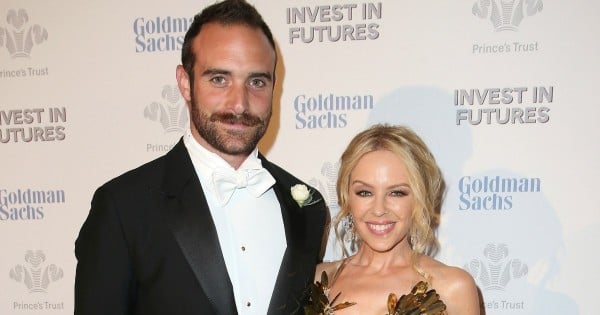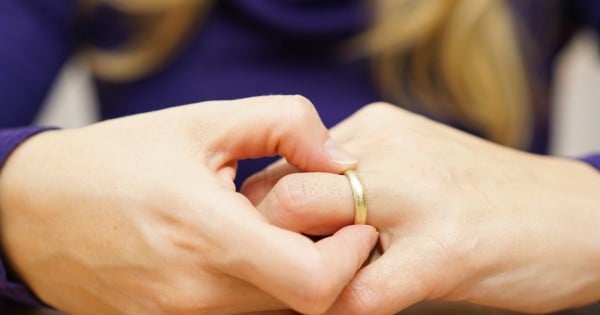
Poor poor me. Still single. Left on the shelf. Unlucky in love.
I know this is what some think. I’ve heard it so many times. It’s such a shame. A career won’t keep me warm at night. Maybe if I wasn’t so damn picky.
Well, here’s what I say to those who believe my lack of a committed partner is a recipe for loneliness – ha ha ha ha! Oh, and get a goddam grip.
For a long time now I have railed against such assumptions leveled at women like me, most of whom, as far as I can see, live rock’n good lives.
Our Kylie was one of “poor us” until last week. Jennifer Aniston our poster girl until she “found happiness at last”, “broke her man curse” and married Justin Theroux. We are the women who wait to be asked the relationship question at every family gathering. And, of we answer yes, a sigh of relief is heard, as if a disease has reached remission.





Top Comments
In the research, was de facto considered married or single? Where that 'status' sits will skew the numbers one way or the other.
First of all, I am not single.
But I am tired of this ridiculous division between single and non-single people, like it defines people or their value.
Let's face it, you're either single, or you are in a relationship. Most people experience both in their lifetimes, but some people have short single periods, while others have much longer ones.
Just as there are happy coupled people and unhappy single people, there are also unhappy coupled people, and happy single people.
One status doesn't make you better or happier than the other status, and if you believe it does, you're probably in the unhappy camp. Regardless of your relationship status, you must be happy in yourself first. No one can fix you.
If you are in a relationship and staying because it seems easier, being single is frightening or you're worried about losing face or status, then this is not the right reason to be coupled. A reason to be a in relationship is you are happy with yourself and you are with the right person to build your life with. A lot of single people are brave because they won't accept an unhappy relationship or less than they deserve. They're not trying to make a statement against your own status. They're just living their life. So stop the judgment. No one is perfect. No person should have to defend their single status. Do people in couples often get asked why they're still in their relationship? And told that they shouldn't be? Singles get the reverse of this all the time. It's mainly women doing this to one another too.